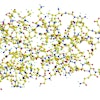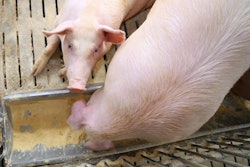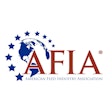Groups support reforms to enhance the ability for American agriculture to access foreign markets
The American Feed Industry Association, alongside more than 60 agricultural industry groups and stakeholders, voiced its support for the World Trade Organization (WTO) and effective reforms to enhance the ability for American agriculture to access foreign markets. The agricultural organizations stress the importance of the transition in WTO leadership and call on U.S. Trade Representative Robert Lighthizer to support a new director general who can reinvigorate and facilitate needed reforms.
“The WTO provides the foundation for rules-based trading and a vehicle to enforce them,” said AFIA President and CEO Constance Cullman. “Without this system, the U.S. animal food industry would not be able to compete fairly in the global market.”
In the WTO’s first two decades, overall trade in goods has nearly quadrupled, while WTO members’ import tariffs have declined by an average of 15%. Over half of world trade is now tariff-free. In 2019, U.S. animal feed and pet food manufacturers exported roughly $12.5 billion in products, including $10.8 billion in feed and feed ingredients and $1.7 billion in pet food products. These exports have supported U.S. agriculture’s $16 billion trade surplus and are vital to the industry’s success. The WTO also provides rules to guard against the arbitrary use of technical regulations or standards to block imports, such as actions associated with sanitary and phytosanitary measures that lack a clear basis in science and are protectionist in intent.
“While the WTO has been beneficial for U.S. agriculture, its rules have not kept pace with changes in the global economy and improvement is needed to hold members accountable and improve the organization’s governance,” the organizations said in a letter sent to Lighthizer today. “Continued U.S. membership and active participation will help ensure that necessary reforms are undertaken and that the WTO will continue to play an important and effective role in economic development of the United States and its trading partners.”











